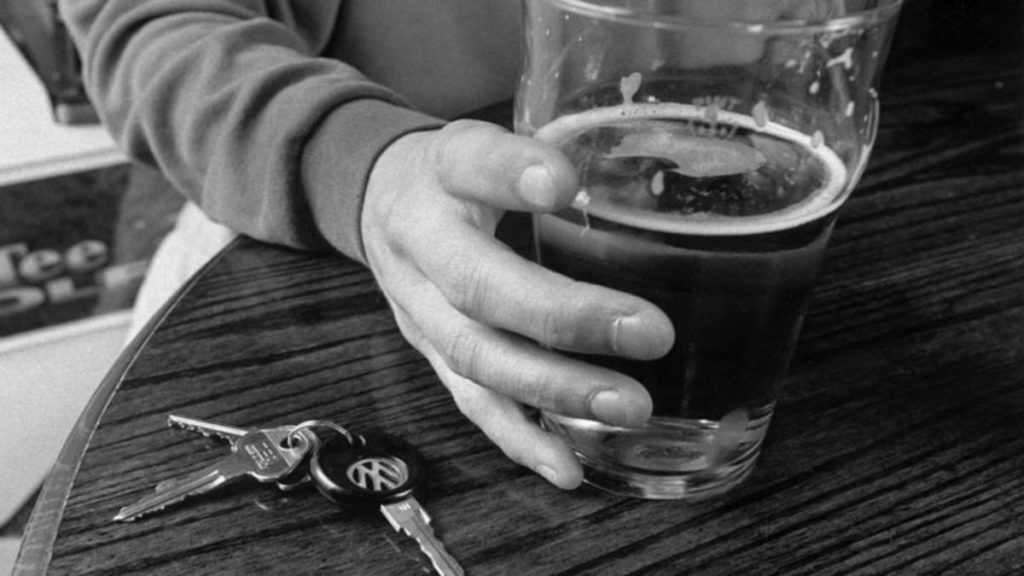It is a common misconception that a DUI and a DWI always mean the same thing. As a working woman in the Oklahoma City bail bonds business, Laurie Poole witnesses this misconception on a daily basis. She also makes it a point to inform her clients, friends, and colleagues of the difference – because in some states, that difference is very important.
While it is true that in some states there is one or the other and they generally mean the same thing, there are also states where both a DUI and a DWI are classified as separate offenses. As many people already know, the first difference between the two is (obviously) their abbreviations.
DUI – Driving Under the Influence
DWI – Driving While Intoxicated
Now in the states where there is either a DUI or a DWI as a singular offense, they do qualify as the same thing: operating a vehicle while under the influence of alcohol and/or drugs. However, when you find yourself in a jurisdiction that classifies them separately, there is a big difference between the two. For starters, a DUI is considered a “lesser degree of impairment”.
The possibility of someone being stacked with a DWI instead of a DUI depends on the blood alcohol concentration – or BAC – of the person in suspect. It is also not unusual to find first-time offenders accepting plea deals in exchange for a reduced charge. This usually involves reducing a DWI charge to a DUI charge.
In addition, the states that classify a DWI and a DUI as separate charges also use them to separate the use of alcohol and other substances. In other words: a DWI charge considers alcohol as the primary factor for impairing the driver while a DUI considers another drug or unknown substance at fault. Furthermore, there are other acronyms used to describe a DUI and a DWI – like OUI and OWI.
OUI – Operating Under the Influence
OWI – Operating While Intoxicated
While the above acronyms are only used in three states, they still hold the same classification that a DUI or DWI does. Due to her work as a bail bondsman in Oklahoma, Laurie has a variety of firsthand experience on classifying the difference between the two charges. The random first-time offender – or even a habitual offender – might not know the difference between the two charges. If that ends up being the case, Laurie can personally confirm that the truth can change everything.
With each separate charge comes a different consequence; some more severe than others. If you find yourself in a situation where you are under arrest with either a DUI charge or a DWI charge, make sure to ask all of the necessary questions – make sure you know the difference between the two. In order to do that, you should consider doing some of your own research.
The best thing to do when researching information this topic is to look up information on your specific jurisdiction. After you figure out your state’s specific classification, store that information and spread it.


